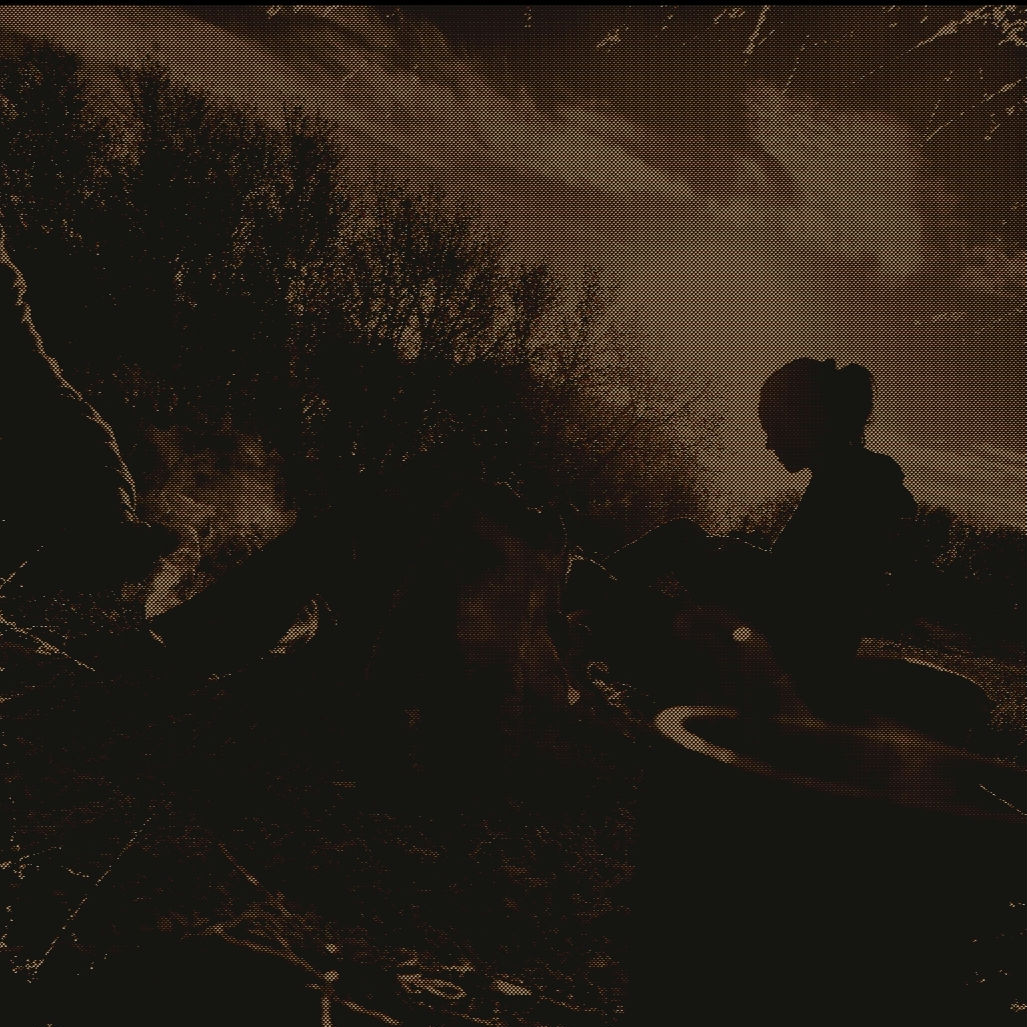The Monster Eating Your Pencil
- Felicity Grace
- Feb 16, 2022
- 3 min read
I know the title may sound dramatic, but let’s face it. When it comes to writers, this is one of the largest mountains that keeps writers as writers instead of being authors. No, I don’t mean there is an actual monster hiding under the bed waiting for you to go to sleep so it can gobble up all of your writing tools. What I’m talking about is the hopeless, gut churning, forehead-on-desk moment when you realize you’re stuck.
Let me guess. You have experienced one of the two (or maybe both) following situations:
At first, the story seemed like such a good idea. It seemed like it would be the story, and that it would flow onto the page a million words a minute as if books grew on trees. The first couple chapters seemed so incredibly easy, but all of a sudden, as if lightning just struck, the story flow just stopped. Just like that. It was as if someone just turned off the faucet of imagination, excitement, and originality.
The story idea seemed really interesting and really good. But during the entire planning process, something just didn’t feel right. And when the story finally took flight, each chapter just felt… Wrong. Like it wasn’t at all what you had hoped, and it didn’t contain the magic of the story that you imagined.
If you have experienced either of these, chances are, you have a few failed attempts in your pocket that you’d rather not talk about.
But my point here today isn’t to walk down the memory lane of failed novel writing attempts. My point is to share a piece of advice I was given a while back that has proven time and again helpful to me, and I hope that it can help you out as well.
I’ve heard writers talk about ‘their inner editor’ almost as if the side of them that is edit-happy is a second personality living in their skull that needs to be crushed down and defeated like a dragon in a cave. But a very wise person once offered a piece of advice that I haven’t been able to forget.
You see, when you are struggling and fighting so hard against yourself to try to write a story, it can become exhausting and can lead to bad writing because of lack of focus on the process and more focus on getting over the voice in your head that says “Hey! That’s not right! Change it!”
What really needs done is making peace with your editing side. Don’t crush it down. What is important at this point is getting your editor to be silent for a while, knowing that you will need to use it when the time is right.
Don’t look at the edits you see in your head as the enemy. Look at it as your overly-excited friend who just needs to calm down for a bit so that you can finish your work, and then let him have his turn when the time for storytelling is over and the time for editing has begun.
I’ve found that this not only makes my writing easier to complete, but it also makes the entire process easier.
When my editing side says: “Hey! That’s not right!”
I simply come back with: “I know. It’s my first draft. I know it won’t be perfect. Just give me a little time, and then when I’m done, I’ll need your help to finish up.”
It is okay to not have a perfect first draft. In fact, there are plenty of books these days with typos or even with plot holes that are published and successful.
I’ve learned that when it comes to writing, the sooner I remember this same fact with every story I write, the sooner I am going to have a more relaxing, enjoyable novel process and completion in my lap.
I’m not saying that this is the cure-all to all of your writing woes, but personally I have found this way of looking at things extremely helpful.
I hope that you try it out and find success with this simple remedy.
Happy writing!





Comments